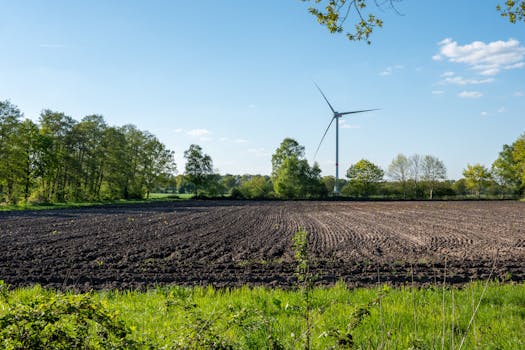
The Impact of Climate Change on Climate Change Global Ecosystems
Climate change is one of the most pressing issues of our time, with far-reaching consequences for our planet’s ecosystems. The scientific consensus is clear: human activities, particularly the emission of greenhouse gases, are significantly contributing to the warming of the Earth’s climate. This, in turn, is having a profound impact on global ecosystems, causing rising temperatures, more frequent natural disasters, and altering species habitats.
Causes of Climate Change

The main cause of climate change is the increasing levels of greenhouse gases in the Earth’s atmosphere. These gases, such as carbon dioxide, methane, and nitrous oxide, trap heat from the sun and prevent it from being released back into space. Human activities, such as burning fossil fuels, deforestation, and agriculture, are releasing large amounts of these gases into the atmosphere, leading to a global average temperature increase of over 1°C since the late 19th century.
Impacts on Global Ecosystems

The impacts of climate change on global ecosystems are widespread and varied. Rising temperatures are causing melting of polar ice caps, glaciers, and sea-level rise, resulting in more frequent and severe coastal flooding and erosion. Changes in precipitation patterns are altering the distribution and abundance of plants and animals, leading to losses in biodiversity. Warmer temperatures are also increasing the spread of diseases and pests, which can have devastating effects on ecosystems.
Consequences for Human Societies

The impacts of climate change on global ecosystems have significant consequences for human societies. Climate-related disasters, such as hurricanes, droughts, and wildfires, are becoming more frequent and intense, resulting in loss of life, displacement of people, and economic damage. Changes in climate are also affecting human health, with warmer temperatures increasing the spread of diseases and heat stress. Furthermore, climate change is impacting food security, with changing precipitation patterns and increased frequency of extreme weather events affecting agricultural productivity and crop yields.
Conclusion

In conclusion, the impact of climate change on global ecosystems is a pressing issue that requires immediate attention and action. The scientific consensus is clear: human activities are significantly contributing to the warming of the Earth’s climate, with far-reaching consequences for our planet’s ecosystems. It is essential that we take a proactive approach to reducing our greenhouse gas emissions, investing in renewable energy, and protecting natural habitats to mitigate the effects of climate change. By working together, we can ensure a sustainable future for our planet and its inhabitants.




